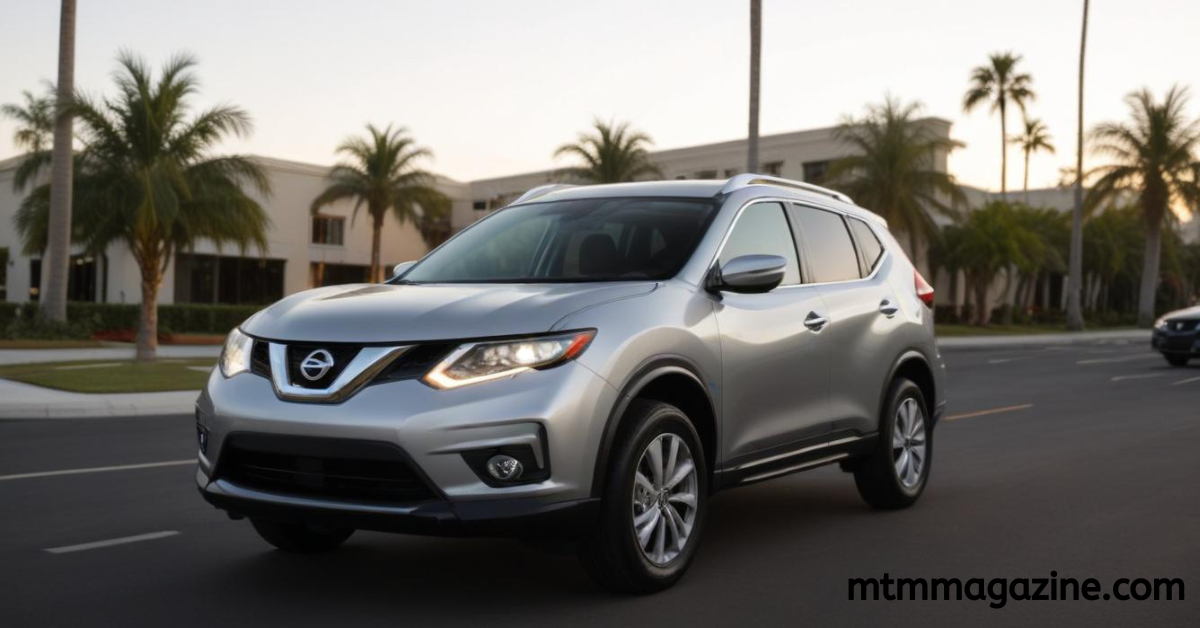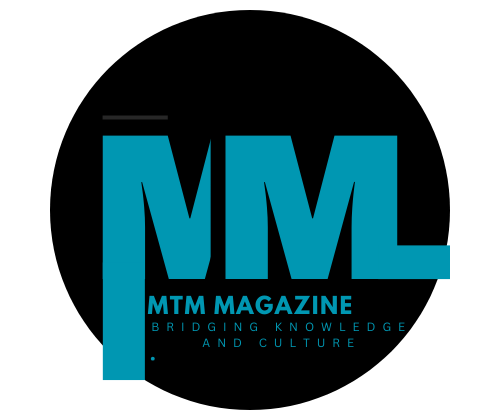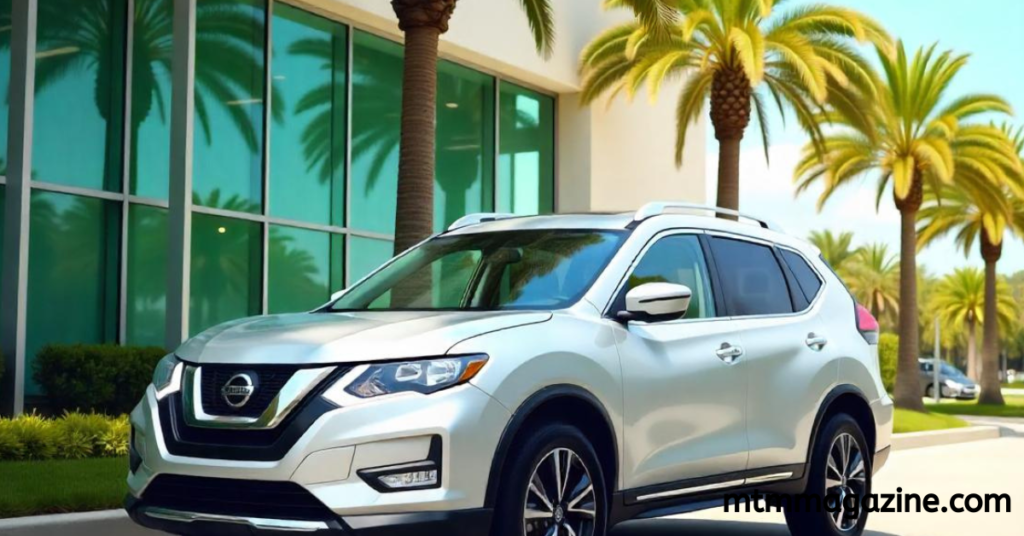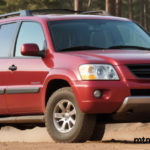The Nissan Rogue is a popular compact SUV known for its stylish design, comfort, and practicality. However, not every model year has been problem-free. If you’re in the market for a Nissan Rogue, knowing which years to avoid can help you steer clear of costly repairs and frustration. This guide highlights the Rogue years with the most significant issues, explains common problems, and provides tips for choosing the right model.
Why Are Certain Nissan Rogue Years Risky?
Although the Nissan Rogue has earned a reputation for reliability, some model years have faced recurring mechanical and electrical issues. These problems are often due to design flaws, manufacturing defects, or inadequate quality control. Identifying these troublesome years can help buyers make better purchasing decisions.
Nissan Rogue Years to Avoid
Based on owner complaints, expert reviews, and industry reports, here are the Nissan Rogue years to avoid:
1. 2008 Nissan Rogue
The first-generation Rogue had significant transmission issues. Owners frequently reported premature failure of the continuously variable transmission (CVT), often requiring expensive repairs or replacements. Additionally, problems with rust on the subframe were noted in areas with harsh winters.
2. 2013 Nissan Rogue
This model year suffered from ongoing CVT problems, including overheating and sudden loss of power. Many owners experienced jerky acceleration and delays when shifting gears. Electrical issues, such as malfunctioning sensors and dashboard warnings, were also common.
3. 2014 Nissan Rogue
While the second generation introduced a more modern design, the 2014 model had several teething problems. Transmission issues persisted, with many owners reporting whining noises and CVT failures. There were also complaints about faulty air conditioning systems and defective door locks.
4. 2016 Nissan Rogue
The 2016 Rogue faced complaints about unreliable electronics, including problems with the backup camera and infotainment system. Some owners also reported issues with the air conditioning system and premature wear on suspension components.

5. 2018 Nissan Rogue
Although newer, the 2018 Rogue had problems with its automatic emergency braking (AEB) system. The system would activate unexpectedly, creating a safety hazard. There were also reports of the CVT exhibiting hesitation during acceleration and rough performance at higher speeds.
Common Problems with These Nissan Rogue Years
1. CVT Transmission Issues
The most reported problem across several years is the CVT. Symptoms include overheating, loss of power, jerky acceleration, and complete transmission failure. Repairs or replacements can cost $3,000 to $5,000, making this a costly issue.
2. Electrical Failures
Electrical problems, such as malfunctioning sensors, infotainment glitches, and unresponsive backup cameras, have been frequent complaints. These issues can affect the driving experience and lead to costly diagnostic and repair work.
3. Air Conditioning Problems
Certain models, particularly from 2014 and 2016, had issues with the air conditioning system. Common complaints include weak airflow, inconsistent cooling, and compressor failures.
4. Automatic Emergency Braking (AEB) Malfunctions
The 2018 model faced significant issues with the AEB system. Unintended braking could cause dangerous situations on the road, making this a serious concern for drivers.
How to Choose a Reliable Nissan Rogue
If you’re set on purchasing a Nissan Rogue, follow these steps to ensure you choose a dependable model:
- Research Model-Specific Reviews: Look up reviews and ratings for the specific year you’re considering.
- Check for Recalls: Visit the National Highway Traffic Safety Administration (NHTSA) website to check if the model year has outstanding recalls.
- Inspect Maintenance Records: A well-maintained vehicle is less likely to have recurring problems.
- Consider Newer Models: Post-2020 Nissan Rogues feature updated designs and better reliability.
- Opt for Certified Pre-Owned (CPO) Vehicles: These undergo rigorous inspections and often come with warranties.
Conclusion
While the Nissan Rogue is a solid choice for a compact SUV, certain years have experienced more issues than others. Avoid models from 2008, 2013, 2014, 2016, and 2018 to reduce the risk of transmission failures, electrical glitches, and safety concerns. By doing thorough research and considering reliable model years, you can enjoy the benefits of the Nissan Rogue without the headaches.
FAQs
1. Is the Nissan Rogue a reliable SUV?
Yes, overall, the Nissan Rogue is considered reliable, but certain years are known for having recurring issues.
2. Which Nissan Rogue year is the most reliable?
The 2020 and newer Nissan Rogues have fewer reported problems and improved features, making them good options.
3. How can I avoid CVT problems in a Nissan Rogue?
Opt for a model with fewer CVT complaints, check the vehicle’s maintenance records, and ensure the CVT fluid is regularly changed.
4. Are newer Nissan Rogues free from issues?
While no car is entirely free of problems, newer Rogues (2020 onward) are more reliable due to better designs and fewer complaints.
5. What should I do if I own a problematic Nissan Rogue year?
Ensure all recalls have been addressed, maintain the vehicle regularly, and consult a trusted mechanic for persistent issues.



